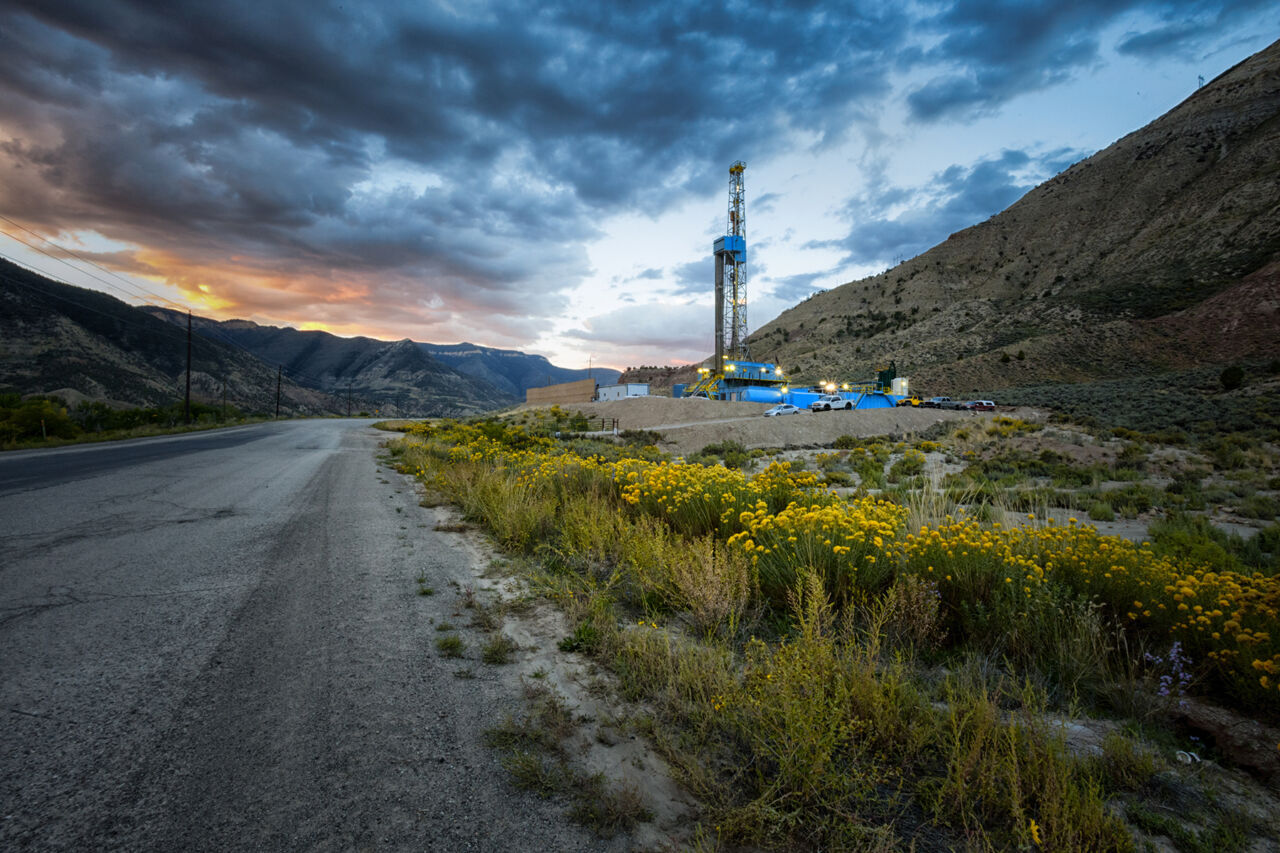The current market is growing at a moderate pace by registering a healthy CAGR during the foreseen time. The rising consumption of shale oil and growing end-use industries, including the petrochemical sector, are accelerating the demand for shale oil during the forecast period. The growing adoption of shale oil in the petrochemical industry due to producing chemical components and refining the fuel is increasing the shale oil market size.
Moreover, shale oil is a substitute for fuels, including LPG (Liquid Petroleum Gas), diesel, gasoline, and others, which is accelerating the demand for shale oil in recent years. Prominent company manufacturers are increasing the adoption of shale oil to produce several commercial products, such as sulfur and ammonia, during the forecast period.
The growing innovation and rising advanced technology, such as horizontal drilling, is anticipated to make reservoirs for shale oil and is thus increasing the market opportunities. However, the high cost and governments’ strict regulation to control the adoption of shale oil as it pollutes the environment is declining the market growth.
In 2019, Reliance Industries invested around INR 700 Billion to set up a crude-to-chemical project in Gujarat. In addition, as an oil-to-chemical strategy, the company integrated petrochemical and petroleum refinery for petrochemical production. The growing investment by large-scale industries is increasing the market size during the forecast period.
North America dominates the global market by securing the maximum share during the forecast period. Rising production of shale oil, growing infrastructure, and the presence of key players are driving the North American shale oil market during the forecast period.
The US dominates the global market by producing 50% of the total market for shale oil during the forecast period. Several developing countries import shale oil from the US due to rising demand for shale oil for several purposes during the forecast period.
The number of prominent players plays a crucial role by contributing the maximum share by achieving their goals during the forecast period. These key players are focusing on petrochemical plants to fulfill the needs of end-user industries during the forecast period. However, these factors are likely to increase the sales of oil shale during the forecast period.
On the other hand, the market players are indulging in several marketing methodologies to uplift the market during the forecast period.
Oil shale contains organic matter which is converted into synthetic oil by pyrolysis and hydrogenation or thermal dissolution. U.S. have the largest proved shale oil reserve followed by Russia. Despite of high production cost and low market price of oil, shale oil market accounted for more than 50% of total oil market in the U.S. in 2015. U.S. is the largest consumer and a major importer of oil.
North America shale oil market: Drivers
Energy requirement for U.S. in increasing and new environmental reforms are limiting the use of coal as an energy source. This has increased energy dependency on petroleum and natural gas. In 2015, there was about 3% rise in energy fulfilled by petroleum based products in USA. Efficient working of shale oil producers and growing world energy demand are major drivers for shale oil market.
Moreover U.S. oil imports are causing cash flow towards Middle East. Government are developing reforms to help shale oil and gas producers within the region. Technological advancements in drilling techniques are increasing the number of recoverable oil reserves.
North America shale oil market: Restraints
OPEC is over supplying the oil market and keeping its price low. OPEC produces oil for about $10 per barrel whereas shale oil costs around $25 a barrel. This has caused many smaller shale oil producers to cut down productions. This has created intense price pressure in the international market.
These insights are based on a report on Shale oil market by Future Market Insights.

 Copyright 2020 All rights reserved.
Copyright 2020 All rights reserved.